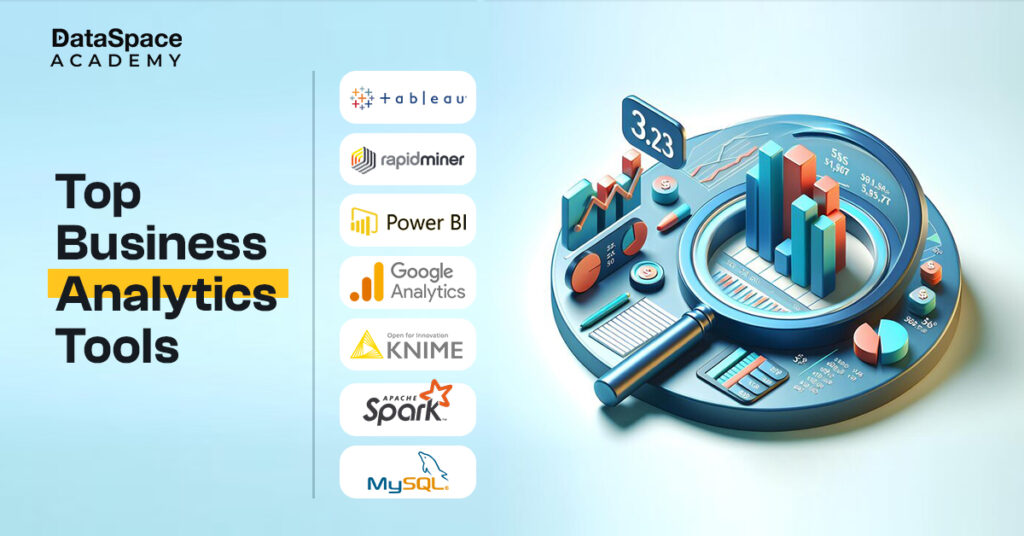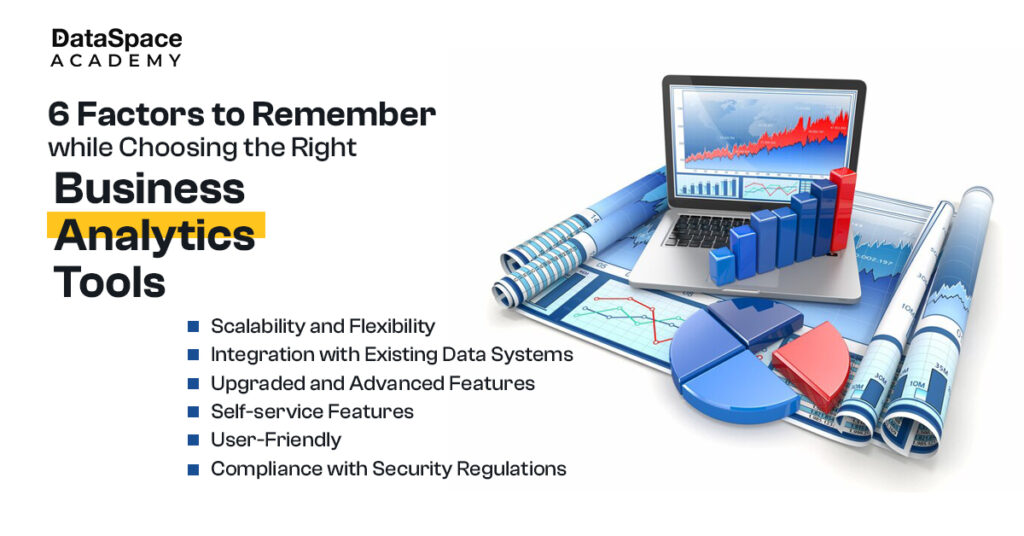Did you know the secret sauce behind thriving businesses in today’s competitive landscape? Despite the market volatility, challenges, and dynamic consumer tastes, some businesses still manage to stand out by strategically using the best
business analytics tools. Whether you are a beginner or a successful entrepreneur, these tools will help to propel strategic development and growth for your business.
Put simply, business analytics refers to the procedure of transforming raw data into meaningful insights. These insights help to gather clarity on the existing status of a business, predict future trends, and drive informed business decisions. Business analysts count on various business analytics tools to supercharge various aspects of businesses.
Business analytics is widely implemented across multiple business operations including sales, marketing, finance, supply chain, and customer service. The
tools used by business analyst are designed to perform a number of tasks needed to complete the process from the start till the end. These can range from data mining to predictive analytics to data visualisation to statistical analysis, and more. Data derived from the analytics tools empower to discern market patterns and dynamic customer behaviors that eventually guide the next strategic moves.
Jump into our next section to discover the promising arena of business analytics tools and their applications.
While the basic functionality of all business analytics tools is to collect, review, and interpret data, some offer distinct features with specific capabilities. Organisations implement these tools accordingly in their
business analytics process, depending on the present budget, and current situation to meet specific business objectives.

Below is a brief on the various analytics tasks performed by
tools used in business analysis.
Enroll in DataSpace Academy’s
business analytics certification course to master the top business analytics tools.

Choosing the right business analysis tools depends on certain parameters to gain desirable outcomes. Here is the breakdown of the factors:
Business analytics tools are the heart and soul of a business analytics project. However, analysts should be mindful about selecting the right tool; the quality of the tool can make or break the analytics project. Worse, a non-competent tool can also lead to huge compromise of data quality and accuracy. It makes the guide above all the more essential. Hope the pointers mentioned will empower organisations to find the right analytics tool that can propel their ventures to newer heights.

 Below is a brief on the various analytics tasks performed by tools used in business analysis.
Below is a brief on the various analytics tasks performed by tools used in business analysis.
 Choosing the right business analysis tools depends on certain parameters to gain desirable outcomes. Here is the breakdown of the factors:
Choosing the right business analysis tools depends on certain parameters to gain desirable outcomes. Here is the breakdown of the factors:
